0 Comments
|
AuthorI'm Elizabeth Pszczolko, a writer living in the woods outside Thunder Bay, Ontario. As a child, I used to keep scrapbooks of nature stuff - drawings, musings, poems. This is my grown up (I use the term loosely) version of those long lost works. For more on what inspires this blog, please see the About page. Archives
November 2023
|
Proudly powered by Weebly

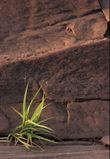
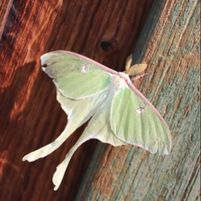

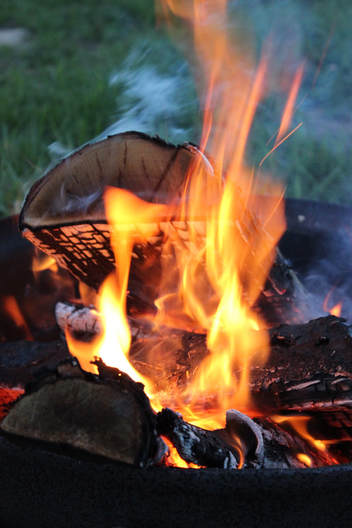
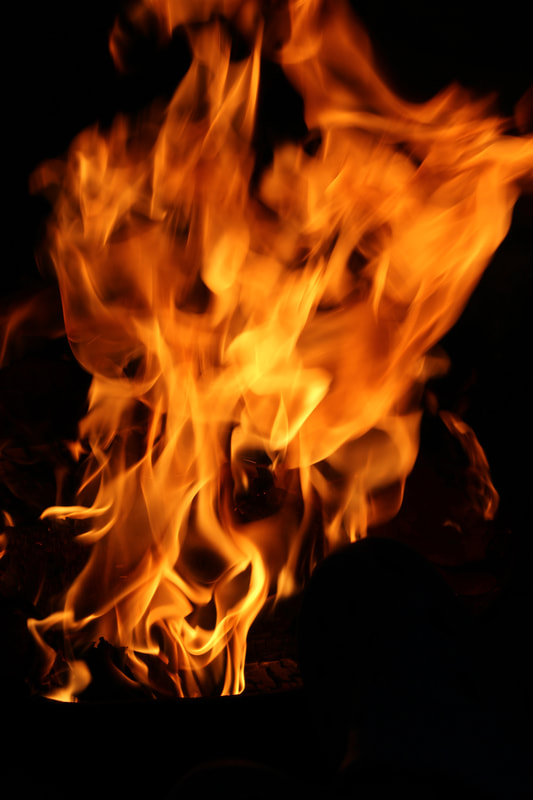
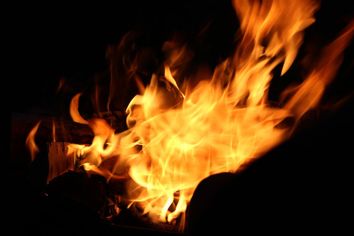
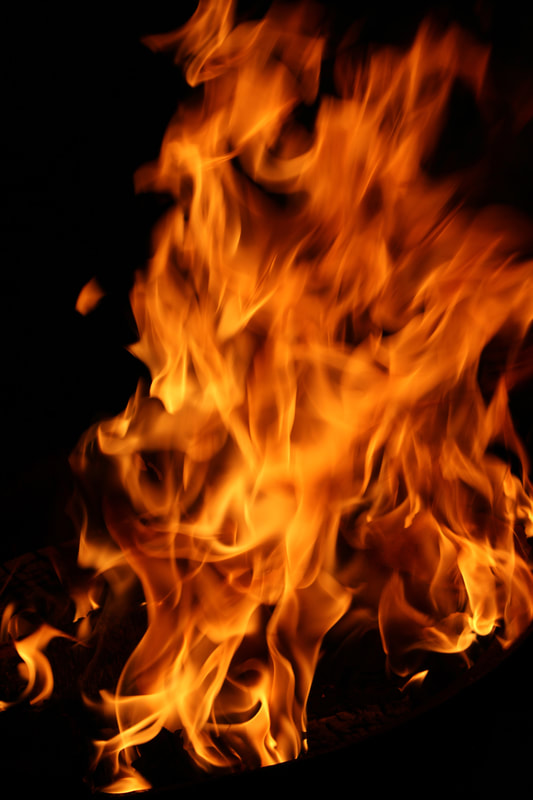
 RSS Feed
RSS Feed